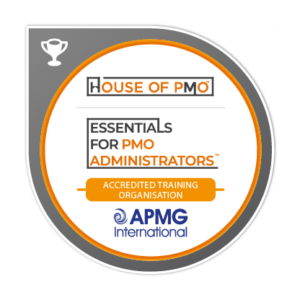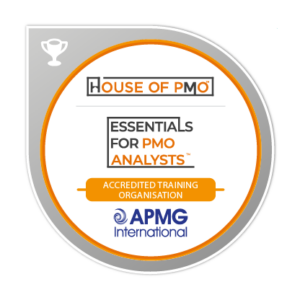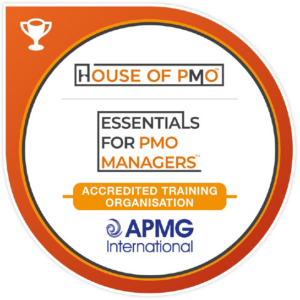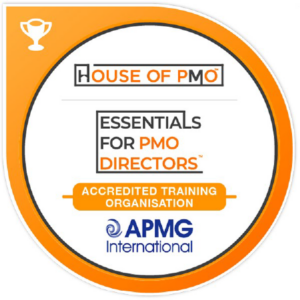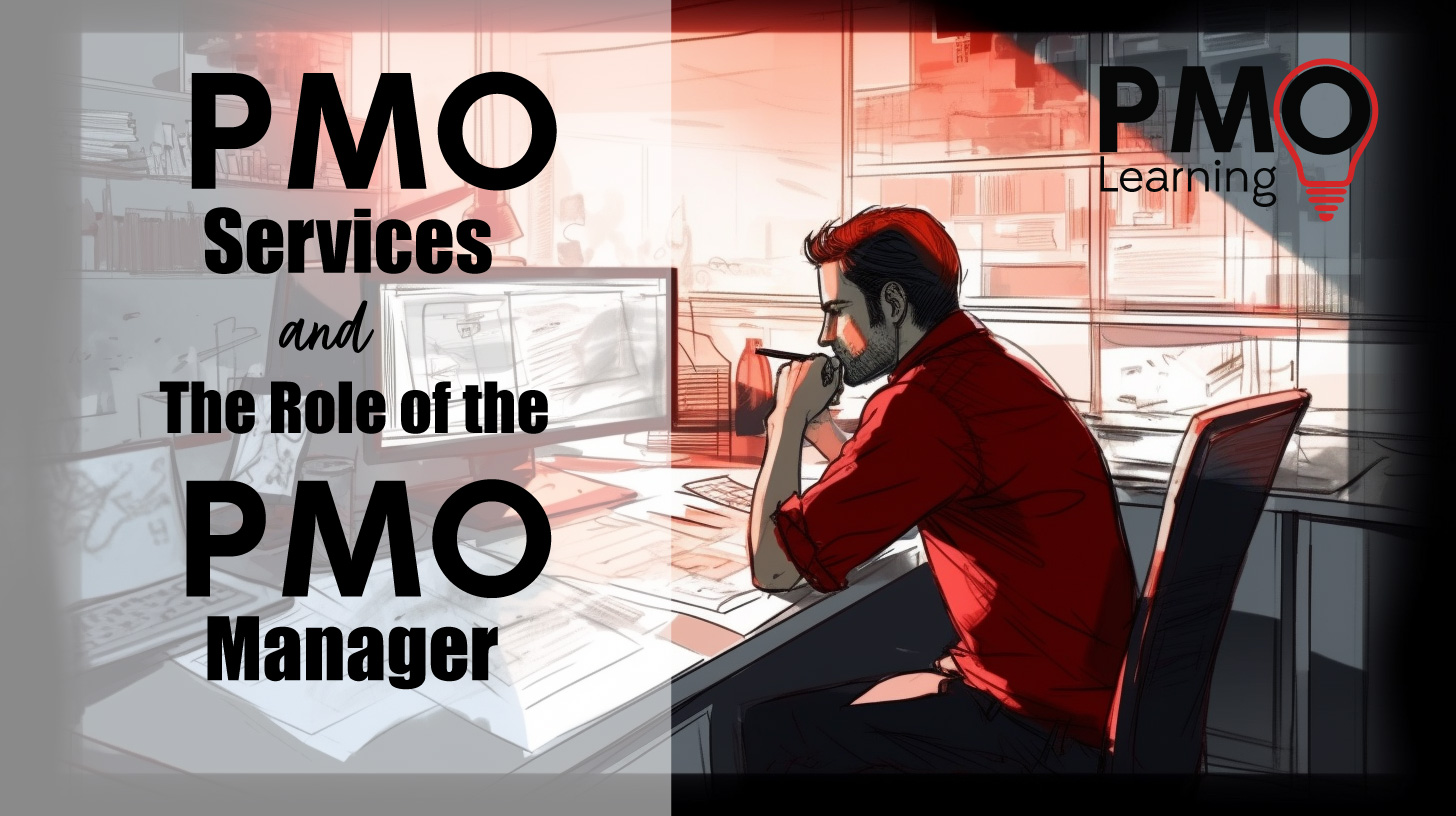
PMO services refer to the range of activities and support functions provided by a PMO to facilitate effective project, programme and portfolio management within an organisation. There are many different PMO services which can be offered for example, governance, assurance, reporting, knowledge management and so on.
The PMO Manager role is all about taking responsibility for overseeing the operations and functions of the PMO which includes determining which PMO services are offered.
In the Essentials for PMO Managers certification course, the 3-day training includes learning about the PMO services offered and how PMO Managers deliver them. The course details what the services are and how services are designed, piloted, rolled out and improved.
The key responsibilities of a PMO Manager (seen below and taken from the course textbook – the PMO Competency Framework) highlights the accountability for the provision of all PMO services whilst ensuring that delegation takes place to the PMO team members to carry out the services to projects programmes and portfolios
What kind of work does the PMO Manager do to ensure the right PMO services exist?
There are a number of different ways the PMO Manager can ensure the delivery of the right services, here are some key approaches that a PMO manager can adopt:
- Strategic Alignment: The PMO manager works closely with senior management and key stakeholders to understand what services are really needed. By aligning the PMO services with these objectives, they ensure that the services provided are meeting what people really need to support the successful delivery of projects, programme and portfolios.
- Needs Assessment: The PMO manager can also conduct a thorough assessment of the delivery organisation’s project, programme and portfolio management needs and requirements. This involves engaging with stakeholders, project managers, and teams to understand their challenges, pain points, and expectations. Based on this assessment, the PMO manager can tailor the services to address specific needs and deliver value.
- Service Catalogue: The PMO manager develops a service catalogue that clearly defines the services offered by the PMO. This catalogue outlines the scope, objectives, deliverables, and value proposition of each service. By communicating and sharing the service catalogue with stakeholders, the PMO manager ensures transparency and clarity regarding the services provided.
- Service Level Agreements (SLAs): The PMO manager establishes SLAs with stakeholders and project teams to define the expectations, timelines, and quality standards for service delivery. SLAs help set clear expectations and ensure that the PMO services are delivered in a consistent and timely manner.
- Continuous Improvement: The PMO manager promotes a culture of continuous improvement within the PMO. They regularly evaluate the effectiveness and impact of the services being delivered. Feedback mechanisms such as surveys, reviews, and feedback sessions are employed to gather input from stakeholders and identify areas for improvement. Based on this feedback, the PMO manager can refine and enhance the services to better meet the evolving needs of the delivery organisation.
- Performance Measurement: The PMO manager establishes performance metrics and key performance indicators (KPIs) to assess the effectiveness and efficiency of the PMO services. Regular monitoring and reporting on these metrics help track the performance of the PMO and identify areas that require attention or improvement.
- Stakeholder Engagement: The PMO manager actively engages with stakeholders to understand their evolving needs and priorities. They seek feedback, conduct regular meetings, and foster open communication channels to ensure that the services delivered by the PMO remain relevant and valuable to the stakeholders.
What PMO Services Should Be Offered?
The answer to this question depends mainly on the work carried out above – PMO services should meet the needs of the delivery organisation right now with an eye on the future.
If the organisation has a relatively low level of maturity – services may include a focus on delivery methods, governance, assurance, planning, reporting and mentoring/ training to bring maturity levels up.
On the other hand, a more mature organisation may look for services that help maintain or improve standards or more innovation to push the boundaries. The PMOs in these organisations are offering less support services to project and programme levels, and concentrating more on portfolio management services such as maintaining strategic alignment, prioritisation of work, scenario-planning, coaching and future-proofing the portfolio of work (new tools, technology, ways of working).
The Essentials for PMO Managers certification course is designed to enhance your skills and knowledge as a PMO Manager. Over three days, this course offered by House of PMO and certified by APMG International provides a comprehensive focus on your day-to-day responsibilities, key roles, and the specific challenges faced in the PMO Manager role. The course will help you to gain the necessary expertise and insights to effectively carry out your PMO Manager responsibilities in today’s organisations.
For more information, visit the training course page or contact us with any questions.







